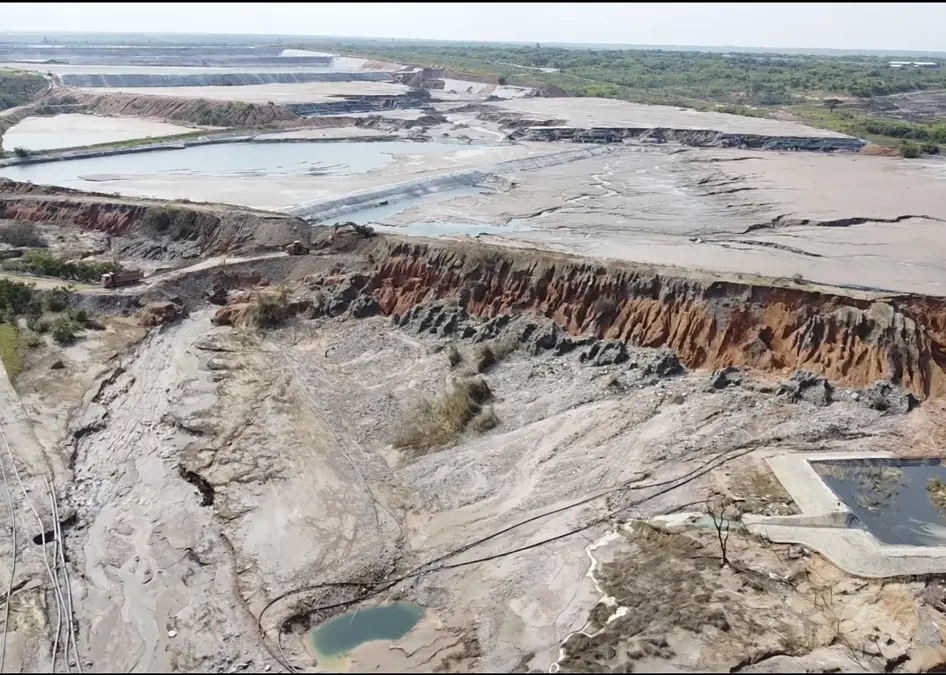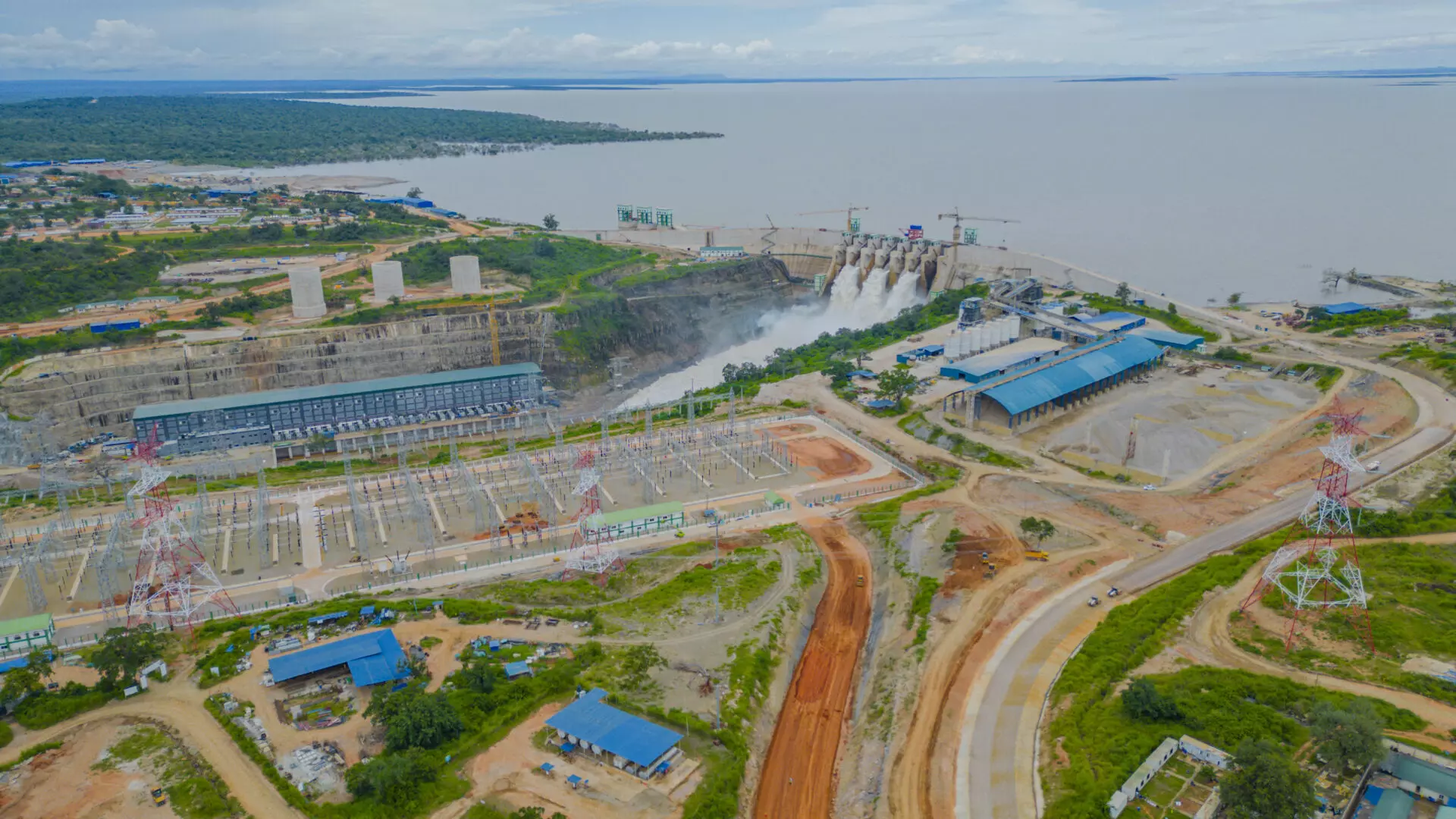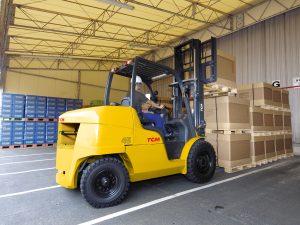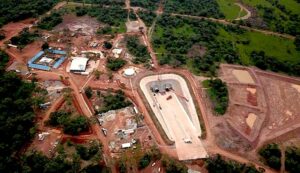Orion ‘in clover’ as Africa mining bull Adam Fleming & Co. ride to copper firm’s rescue
ORION Minerals spends more on its lawyers than on geologists. That’s not a great statistic for an exploration and development firm, but in South Africa’s junior mining sector it’s not untypical if the company is listed.
Orion CEO, Errol Smart, says he had no option but to go public because plans to develop the Prieska Copper-Zinc Mine (PCZM) in the Northern Cape required more than A$378m, about R4.6bn. But six years after Orion’s formation, not a single line of debt has been written by a commercial bank, excluding the Industrial Development Corporation, a state-owned development finance company.
“We could have got bank finance, but only at an exorbitant rate,” says Smart. He describes bank inaction: “They all tend to stare at each other” in a game of corporate who blinks first. Another Northern Cape mining junior, Copper 360, has relied on asset manager Coronation for funding, and the backing of high net worth individuals. “Banks only offer money when you’ve got it,” says Copper 360 CEO, Jan Nelson.
But before laying into the banking sector too heavily — and Smart says Orion will need the big debt in time — it’s worth remembering South Africa’s junior mining sector is a little shop of horrors, especially when it comes to losing money.
Equity investors have learnt that the hard way, too, which may explain why Orion’s shares, now trading at 24 South African cents apiece, have sunk from their five-year high of 99c.
But by far the biggest disincentive for commercial finance in junior mining is South Africa’s poor regulatory environment.
“If I go to the middle of the Congo, there are some certainties: there will be no road, no rail, and I’ve got to look after myself,” says Smart. “But as long as I have the regulatory certainty, I can solve my problems.” South Africa has an advantage over other mining jurisdictions in its good infrastructure. But without dependable regulations, exploration will stop.
Data from AmaranthCX, an industry consultancy, shows exploration spend in South Africa fell to 0.8% of global expenditure last year against 1.09% in 2019 — the year in which mineral resources and energy minister Gwede Mantashe announced a three- to five-year target to attract 5% of exploration spend globally. “I think it’s an indictment of South Africa,” says Smart.
Private finance
It’s perhaps not too surprising, therefore, that help should arrive in the form of private money. On March 15, a relatively unknown but cash-flush company, Clover Chrome, rode to Orion’s rescue. It bought a 6.5% stake in the company for R80m and options which, if exercised and depending on how Orion’s existing shareholders exercise their matching options, could increase Clover’s stake to as much as 19%.
If all shareholders take up their options, maturing in November, Orion will have raised R880m and have just about enough cash for pre-production costs on PCZM and Okiep Copper Mine (OCM), a second project 450km distant but still in the Northern Cape. The upshot is that Orion could produce between 10,000 tons and 35,000t of copper concentrate from 2024.
Cash flow can’t come quickly enough. PCZM and OCM are ‘lite’ versions of projects that Smart first wanted to build. Encouraged by banks to take his plans down a notch, he’s now convinced that Clover Chrome can make a telling difference.
So who or what is Clover Chrome, hardly a household name in mining? It’s backed by lifelong gold bull Adam Fleming, the UK’s 118th richest person in 2022 according to the UK’s Sunday Times richlist, and the former chair of Harmony Gold during its glory years in the 1990s. Fleming also has unrehabilitated optimism in South Africa. His Johannesburg Land Company owns most of Main Street because he believes the city’s best years are still to come.
Fleming’s friend and business associate of 30 years, Philip Kotze, will represent Clover on Orion’s board. Speaking to Miningmx, Kotze thinks Orion could use some of his company’s can-do ability in early cash flow development. Clover bought the Lanxess chrome operations in 2019, shortly after 290 workers staged a nine-day underground protest. Kotze says most of those employees are back at the company, which is raking in the cash.
It must be. Kotze says the R80m came from internally generated funds. If it takes up its Orion options — which is “highly likely” — it’ll use Clover Chrome’s cash flow to do so.
“We have done a proper due diligence of Orion and certain of the assets are very easy to get into production and generate positive cash flow,” says Kotze. “That is Clover’s focus, where we can start building a mine as quickly as possible and make profits to reinvest in the business. I think that is very doable.”
Says Smart: “Clover has experience of building modular scale plants of 40,000t-50,000t of various descriptions. They believe that for less than the R400m they have committed (to Orion including the options) we can get a plant up and running; in fact, well less than that.”
It’s critical Orion puts pedal to the metal as analysts remain universally upbeat about copper’s prospects. UBS said in a report this month that $100bn in new copper projects was needed by 2027 to deliver 5Mt of supply by 2030, the expected deficit. “It is clear that capex is not being deployed quickly enough,” the bank says.
Perhaps Orion isn’t the only miner dealing with banking sector parsimony.
Share this content:














